You received a call from a county or tribal agency asking if you would be able to care for someone close to you who has been removed from their home. The children just arrived so what do you do now? This information can be overwhelming, but it is important to stay present and know that everything does not need to happen today. You may want to begin keeping notes with information provided to you and any questions that come up for the placing Social Worker.
 A social worker will be assigned from the responsible county or tribal community working with the family. This social worker is responsible for assisting the caregivers and children to resolve the identified concerns, and work towards reunification. It is important to obtain the worker’s name, agency and contact information.
A social worker will be assigned from the responsible county or tribal community working with the family. This social worker is responsible for assisting the caregivers and children to resolve the identified concerns, and work towards reunification. It is important to obtain the worker’s name, agency and contact information.
If you have questions, call the placing worker and leave a message if they are unavailable. If you have an urgent need, you can call the main number or the after-hours number provided and ask to speak to the coverage worker.
Adding children to the home can be overwhelming. It is important to practice self-care and utilize your support networks. Some agencies require background studies to be completed before someone can provide care. Check with the children’s placing worker and your identified licensing worker to learn about any background check requirements.
Kinship Care
- The family is experiencing a crisis and the children will likely be exhibiting some behaviors or emotions related to being removed from home.
- Provide the child(ren) with reassurance, when possible, but do not make promises.
- Do not ask children questions about what happened to them. If the children voluntarily offer information, be an active listener and write important details down. Be careful not to influence anything that they say.
School:
- Discuss ideal school plans with placing worker (i.e. can child remain in home school district or will child need to change schools?)
- Talk to the placing worker about school logistics including who will arrange transportation or who will enroll them in new school, if need be.
- Learn what birth parent contact is allowed per the placing agency, and ask the social worker to inform school of plan for parent contact.
Child’s needs:
- Be certain that the child has clothing, medications, and any needed medical equipment.
- If you need to purchase any items for the child(ren). Save your receipts as you may or may not be able to be reimbursed. Remember that you receive a daily stipend to help support any additional items. You can also seek additional resources including The Safehaven Foster Shoppe https://safehavenfostershoppe.org/
House Rules:
- Do not overwhelm children with rules. Identify the top 2-3 rules and introduce additional rules as they adjust to your home.
- Do not assume the children know or understand your expectations and rules, even if they have visited prior to placement. Visiting for a few days or hours is very different than living in the home.
- It may be difficult for children to remember, understand, or comply due to their past trauma experiences including being removed from their home.
Initial Home Inspection:
- The placing worker will want to visit your home prior to, or immediately after placement, to ensure that it is a safe and habitable place for children.
- The placing worker will verify you have beds for the children or can acquire them in a timely fashion.
- Minnesota law requires licensed foster care providers to comply with specific safe sleep standards and training requirements for infants.
- Sleep standards and training requirements (Minn. Statues, section 245A.1435) are critical because unsafe sleep environments have been associated with sudden unexpected infant deaths (SUID).
Initial Licensing:
- You will be asked for demographic information to complete a local background check. Ensuring the safety of a child is the top priority when placing a child into a foster home. A finger-print based background study is required as a part of the licensing application. Any criminal record is reviewed by the licensing entity on an individual basis, with important factors including when the incident occurred, and the current situation of the family. It is important to be honest with your agency and worker about any criminal history that does exist, as failure to do so may lead to you being denied for foster care. To learn more about criminal barriers to foster care and adoption, please visit: https://www.revisor.mn.gov/statutes/?id=245C.15
- Determine what agency/county you will work with to become licensed. Your licensing agency may not be the same agency that is placing the child. You may work with your local county, tribal social service agency, or a private agency.
- You will need to complete application paperwork and return to your licensing county or agency. This paperwork includes a background study with fingerprints. In some cases, children can be placed with you while you are completing the process. More information can be found here Emergency Foster Care license process.
- For additional information about foster care and what to expect as you navigate the process, read the DCYF bulletin called Family Matters: Information for relative considering becoming foster parents.
Data Privacy:
- It is important and required that you keep details of the child(ren)’s case confidential, even from close family and friends. It is the child’s story to share when and if they are comfortable doing so.
- Photos of children in foster care (even relative children) cannot be shared on social media or through your phone. This is a violation of the child and family’s data privacy rights. Please discuss these policies with the child(ren)’s placing worker and be sure you fully understand the expectations.
Family/Parents/Kin:
- Communicate with the placing worker about the contact plan with birth parents and discuss who will supervise these contacts.
- It is important to follow the authorized contact plan. If visits are permitted, they should be scheduled and allowed. If contact is not permitted, do not allow unauthorized contact, including visits in your home.
- Children often have divided loyalties between their parents and caregivers. It is important to support their relationship with their birth parents, which can help minimize the feelings of divided loyalty. In doing this, it is important not to speak negatively about a child’s birth parent.
Contact with providers:
- You can expect a minimum of 1 visit per month with the placing worker and your licensing worker. Efforts are made to combine these visits but be prepared for separate meetings if necessary. These visits typically meet in the home but can also occur at court, therapy, or school. Additional contact may include phone calls and emails throughout the month.
- Children may also have a Guardian Ad Litem (GAL) assigned to their case. The GAL will, at minimum, visit the child(ren) every three months but likely more often. You can also expect additional phone and email contact from the GAL.
Medical Care:
- Children in foster care will receive Medical Assistance (MA). The placing worker will provide you with a copy of the child(ren)’s medical card or their medical ID number. You will also be provided documentation that you are allowed to bring the child to medical appointments.
- Communicate with the social worker about the child(ren)’s medical needs including mental health, allergies, medications, dietary restrictions, etc.
- Children will need to be seen by a doctor and dentist within 30 days of entering your home if they have not been seen recently. Provide all documentation of these appointments to the social worker.
As a foster parent you will receive a daily stipend for each child placed in your home.
For information about the Northstar Care for Children basic monthly rates see:
https://fosteradoptmn.org/wp-content/uploads/2022/03/20-32-03-5-14-SFY2021BasicSupplementalRates.pdf
Some children qualify for additional payments based on the level of parenting needed. Children receive supplemental payments to cover the expenses of extra needs and the additional efforts caregivers provide to meet those needs. For additional information on the reimbursement payments, please review https://edocs.dhs.state.mn.us/lfserver/Public/DHS-6736-ENG.
Medical Assistance is a federally funded insurance program that is available to children who are in foster care. It covers medical and dental needs for foster children. Medical coverage and the needs of the child should be discussed with the placing worker prior to the child being placed in your home.
Other possible financial supports for foster children may include:
- WIC (Women, Infants, and Children) for children 0-5,
- Free/Reduced breakfast and lunch at school
- Some counties may offer a clothing allowance at time of initial placement
- STAY (Successful Transition to Adulthood for Youth) Program
- North America Council on Adoptable Children (NACAC) has information and support groups for youth and families. https://www.nacac.org/help/be-a-youth-advocate/
- Head Start promotes school readiness for children birth to five. Foster children are generally eligible for this program. https://www.acf.hhs.gov/ohs
- Early Learning Scholarship pays for high-quality child care and early education to help children get ready for school. https://education.mn.gov/MDE/fam/elsprog/elschol/
- Photography and video recruitment for children under State guardianship.
Please talk to your agency for additional resources that may be available.
Common Barriers
Great efforts are made to place children with relatives. It is important for children to have consistent family connections and feel a sense of belonging with their birth families. Counties are required by law to complete a relative search when a child enters foster care. They must consider all interested family members as placement options. Sometimes relatives run into barriers when being considered for placement. Below are some common barriers:
- physical distance from the child’s home county/community
- inability to pass a background check
- inability to maintain boundaries with birth parents
- inability to provide suitable housing
- physical health
- inability to follow the child’s case plan
- inability to meet child’s physical, mental, medical, or educational needs
So What Can I do?
What is my role?
MN Statute 260C.221 states relatives may participate in the care and planning for the children in care. This includes, but is not limited to, case plan participation, identifying strengths and needs, supervising visits, respite care, transportation, maintaining contact with friends and family, and supporting the child’s regular school and extracurricular schedules.
MN Statute 260C.221 states the agency needs to inform relatives/kin about family foster care licensing requirement and how to complete an application, as described in 245A.04.
MN Statute 260C.221 states relatives have the right to ask to be notified of any court proceedings regarding the child. In addition, they have the right to attend the hearings, and to be heard by the court, as required under section 260C.152, subdivision 5.
Below are links that include court and legal resources:
his link will connect you to court documents:
http://www.mncourts.gov/GetForms.aspx?c=5
http://www.mncourts.gov/Help-Topics/Self-Help-Centers.aspx
Attorneys – Foster Adopt Minnesota
RESOURCES
Information for Grandparents/Relatives caring for children:
https://fosteradoptmn.org/resources/kinshiprelative-care/
WHAT SHOULD I DO IF I HAVE MORE QUESTIONS?
Minnesota Kinship Navigation Tool>>
If you have further questions, please email us at zkw@fosteradoptmn.org or call 612-861-7115.



